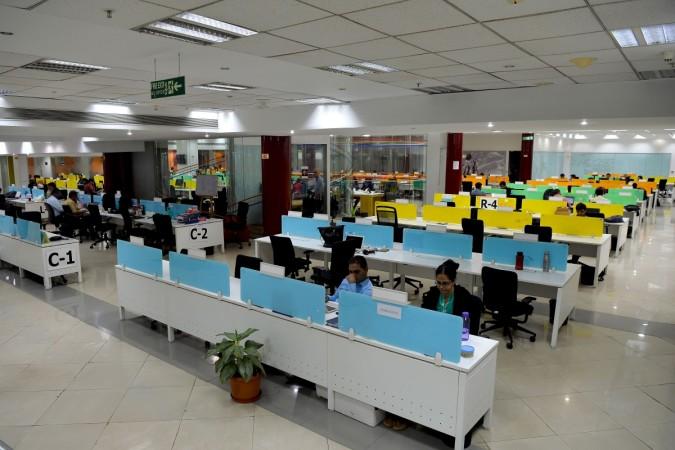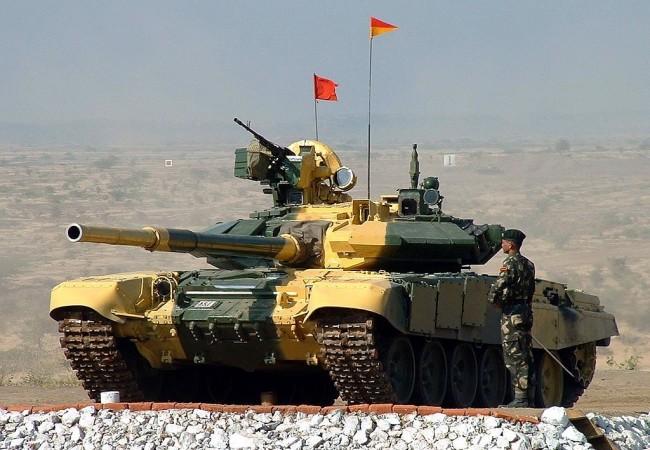
Bengaluru is once again the top spot in contributing toward the technological development of India. As per Sanjay Jaju, joint secretary to the department of defence production, ministry of defence, Bengaluru, the IT capital of India is home to around 30 percent of the startups working with the ministry of defence to deliver latest technologies to Indian armed forces. As per a report published in the Economic Times, the number is swelling every year.
It is to be noted that Bengaluru has the highest number of start-ups in India with Ola and Flipkart being some of the big names. Globally, the Karnataka capital, stands at 11th position, as per Startup Ecosystem ranking. Speaking at the sidelines of the fourth edition of IIMBue Leadership Conclave, Jaju further added that the numbers are obvious given the city's culture of startups. "Bengaluru is the startup hub of India and we have seen a huge number of city startups participating in the Defence India Startup Challenge held by the Defence Innovation Organisation (DIO),'' said Jaju.

Defence Innovation Organisation was launched by the central government in April 2018 as a not-for-profit company that manages Innovations for Defence Excellence (iDEX). The Innovations for Defence Excellence (iDEX) is envisaged at setting up of independent Defence Innovation Hubs (DIHs) where innovators can get information about needs and feedback from the Armed Services directly and create solutions for India's major defence platforms. Defence Innovation Hubs are aimed at attracting more innovators to work for the defence sector in India.
Encouraging defence start-ups, the first Defence India Startup Challenge was conducted in 2018 under iDEX scheme. The challenge received a warm response from across India and witnessed participation in drawing 500-550 applications. After the final round in total 44 participants were shortlisted to work on multiple defence projects and 30 per cent were from Bengaluru. Jaju further added, "The ideas will be converted into technology, which will give us a product. The end is to make the product a military-grade one. The gap is a huge challenge not just in India but across the world. This is the government's attempt to solve it."

















